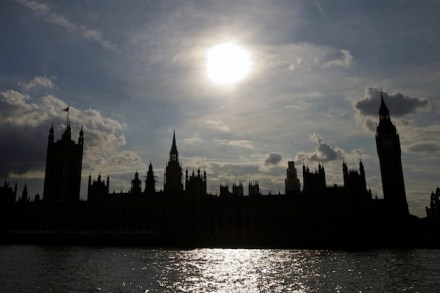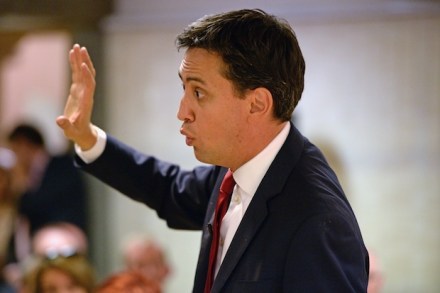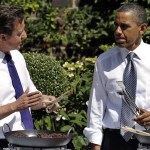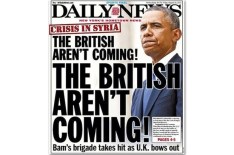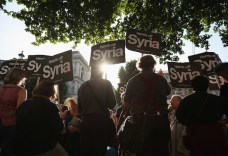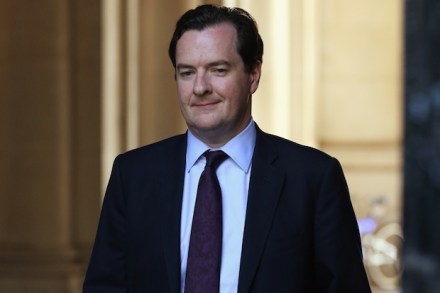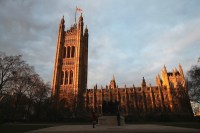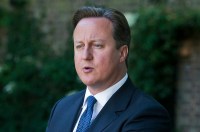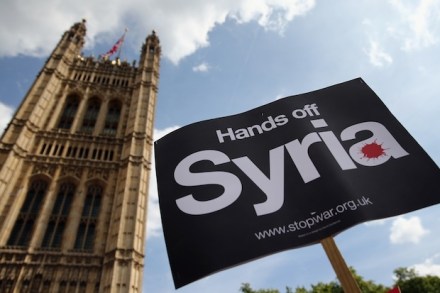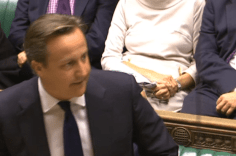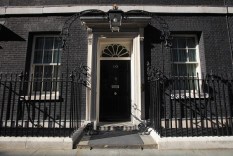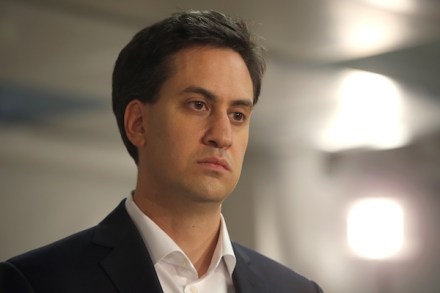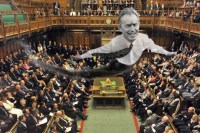The second vote that MPs really should hold on Syria
Even though George Osborne did everything he could yesterday to kill talk of a second vote in the House of Commons on action in Syria, speculation about that vote still makes the front pages this morning. There are probably safer bets to place. But one of the failings of Parliament last week – amidst all the cheering for a boost for democracy that is apparently characterised by ministers getting stuck in soundproofed rooms and missing key votes – was that in failing to pass either the government motion or the Labour amendment, Parliament failed to even condemn the use of chemical weapons against the Syrian people. That was underlined by
